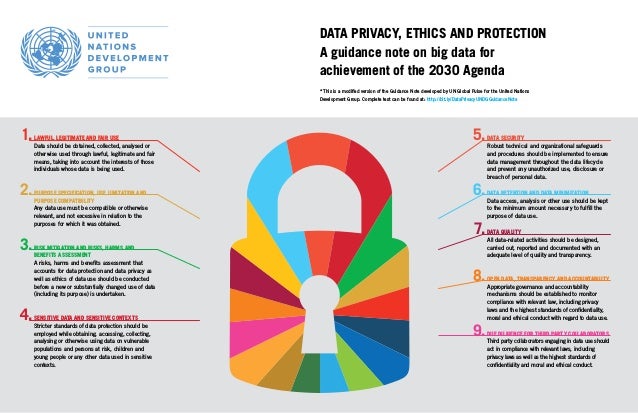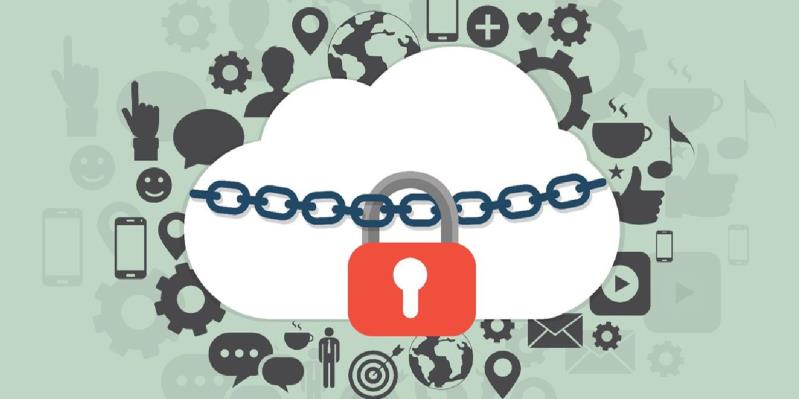The Ethics Of Privacy And Data Protection In Civil Engineering

In today's digital world, we are generating a tremendous amount of data, and it has become crucial to protect our privacy and ethical values. With big data becoming more pervasive in today's society, it is important to understand the importance of data privacy and ethics. The United Nations has recognized the importance of ethical and thoughtful use of big data as a critical component of the 2030 Agenda for Sustainable Development, as mentioned in the UNDP's Guidance Note on Data Privacy, Ethics, and Protection.
While big data is essential for many businesses, organizations, and governments, it is essential to ensure that this data is used ethically and thoughtfully to protect individuals' privacy, human rights, and security. Big data can offer many advantages and insights, but it can also lead to risks, which must also be considered and mitigated.
FAQs about Data Privacy and Ethics
What is data privacy?
Data privacy refers to the right of an individual to keep their personal information confidential. Personal information includes things like name, address, email, phone number, social security number, banking information, and more. Data privacy is critical because it protects individuals from identity theft, fraud, and other forms of privacy violations.
What is data ethics?
Data ethics refers to the moral and ethical principles surrounding the collection, use, and sharing of data. Data ethics ensures that data is used in a way that respects individuals' rights, is transparent, minimizes harm, and promotes trust.
What is the 2030 Agenda for Sustainable Development?
The 2030 Agenda for Sustainable Development is a plan for achieving a better and more sustainable future for all. It has 17 goals, such as eradicating poverty, reducing inequality, and promoting environmental sustainability. The agenda is a global effort and requires cooperation and collaboration between governments, businesses, and individuals.
What are the risks associated with big data?
There are several risks associated with big data, including privacy violations, security breaches, errors, and biases. These risks can lead to harm, such as identity theft, fraud, and discrimination. It is essential to ensure that big data is collected, used, and shared responsibly and ethically to mitigate these risks.
The Importance of Data Privacy and Ethics
Data privacy and ethics are essential for several reasons:
Protecting Individuals' Rights
Individuals have a right to keep their personal information private and secure. Data privacy ensures that individuals have control over their data and can decide who can access it and how it is used.
Building Trust
When organizations use data ethically and transparently, it builds trust with their customers, employees, and stakeholders. Trust is critical for the success of businesses, governments, and other organizations.
Promoting Innovation
Data can drive innovation and lead to new insights and opportunities. When businesses and organizations use data ethically and thoughtfully, it can lead to new products, services, and solutions that benefit society.
Meeting Regulatory Requirements
Many governments and regulatory bodies have laws and regulations surrounding data privacy and ethics. It is essential to comply with these regulations to avoid legal, financial, and reputational risks.
Best Practices for Data Privacy
To ensure data privacy and ethics, organizations should follow these best practices:
Collect Data Ethically
Organizations should only collect data that is necessary for their operations. They should obtain consent from individuals before collecting their data and provide them with clear and transparent information about how their data will be used.
Protect Data
Organizations should protect data with appropriate security measures, such as encryption, access controls, and firewalls. They should also ensure that data is stored securely and only accessed by authorized personnel.
Be Transparent
Organizations should be transparent about how they collect, use, and share data. They should provide clear and concise information to individuals about their data practices and allow them to access, correct, and delete their data.
Minimize Data Use
Organizations should only use data for the purposes it was collected and should not use it for other purposes without obtaining explicit consent from individuals.
Train Employees
Organizations should provide their employees with training on data privacy and ethics. Employees should understand their responsibilities regarding data protection and how to handle data appropriately.
Conclusion
Data privacy and ethics are critical components of the 2030 Agenda for Sustainable Development. Big data has the potential to create significant benefits for individuals, businesses, and governments, but it is essential to use this data ethically and thoughtfully to protect individuals' privacy, security, and human rights. Organizations must follow best practices for data privacy and ethics to ensure that data is used in a way that is transparent, responsible, and respectful of individuals' rights.


Post a Comment for "The Ethics Of Privacy And Data Protection In Civil Engineering"